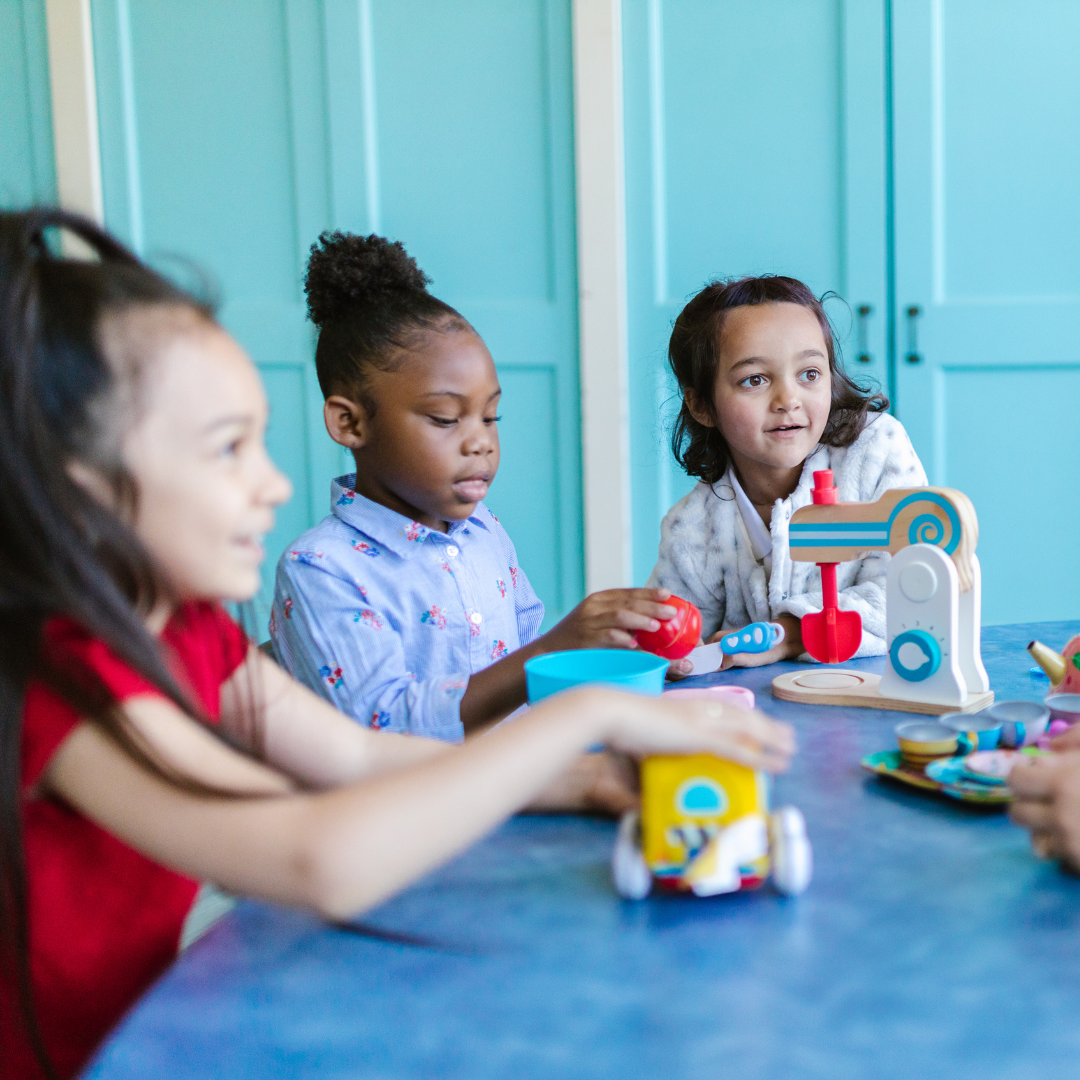Children can be one of two types of language processors: gestalt language processors or analytic processors.
These are both valid and valuable systems of language development, but there are some key differences between the two that are helpful to understand when supporting your child’s language development!

Analytic Language Processing
Analytic processing is when a child develops language through single units, where one word will portray meaning. Then as they continue to develop language, they add more words to create a phrase, sentence, and then full conversation.
Analytic language processors go through 4 stages of language acquisition.
Stage 1: Single words
-
- Example: “Ball”
Stage 2: Two word combinations
-
- Example: “Red ball”
Stage 3: Phrases
-
- Example: “See red ball”
Stage 4: Sentences
-
- Example: “I see a red ball under the table.”
Gestalt Language Processing
Gestalt processing is a style of language development with predictable stages that begins with production of multi-word “gestalt forms” and ends with production of new utterances. At first, children produce “chunks” or “gestalt form” (i.e., echolalic utterances), without distinction between individual words and without appreciation for internal syntactic structure. Each of these gestalts hold meanings and/or feelings for the child. As children understand more about syntax and syntactic rules, they can analyze (break down) these “gestalt forms” and begin to recombine segments and words into spontaneous forms. Eventually, the child is able to formulate creative, spontaneous utterances for communication purposes.
Gestalt Language Processors go through 6 stages of language acquisition.
Stage 1: Echolalia
-
- Example: “There’s a monster at the end of this book!” or “Something’s hiding under there!”
Stage 2: Mitigated gestalts
-
- Example: “There’s a monster + under there.” or “Something’s + at the end of this book!”
Stage 3: Single words
-
- Example: “Monster.” or “Scary monster.”
Stages 4, 5 & 6: Beginning of grammar and more complex sentences
-
- Example: “The monster can’t get out.” or “Shouldn’t the monster have come out from under the bed by now?”
Where do I start if my child is a GLP?
It can be helpful to talk with a speech and language pathologist to help determine which stage your child is functioning in and how to support them as they transition between stages.
Here are some important ways you can support your GLP and things to avoid:
Do
- Recognize that these scripts are their attempt at communicating with you.
- Acknowledge the script, even if you may not know what it means (e.g., nod, smile, repeat it back, etc.).
- Try to discover what the gestalt means.
- Model developmentally-appropriate language during teachable moments!
Don’t
- Take each script literally
- Teach replacement language
Glossary
Echolalia: repetition of utterances produced by others. There are two types of echolalia—immediate and delayed.
Immediate echolalia: utterances that are repeated immediately or after a brief delay.
Delayed echolalia: utterances that are repeated after a significant delay.
